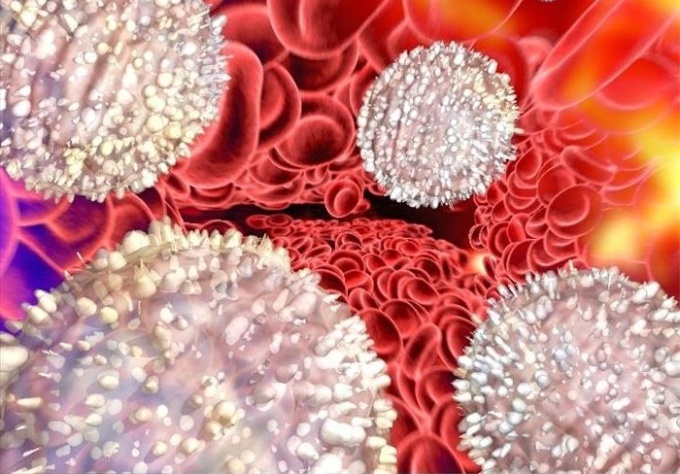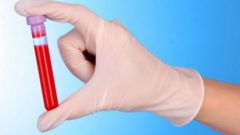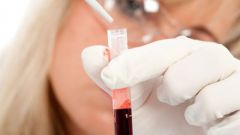The reasons for the increased level of leukocytes in the blood
The number of leucocytes in human blood may vary slightly even within one day. It is influenced by Smoking, rich food, long exposure to the sun or excessive heat, physical exertion or emotional stress.
That's why a blood test is taken to take the early morning calm and on an empty stomach.
The increase of white blood cells in the blood may also be due to pregnancy, particularly the third trimester, childbirth, and even the menstrual period. An increase in the level of leukocytes as a result of these reasons is called physiological leukocytosis, and worry in this case not worth it.
In the adult, the upper threshold of the number of leukocytes in the blood is in the range of 4-9x10 9/L.
A strong increase in the level of white blood cells may indicate the development of any infection in the body or on the inflammatory process. So, leukocytosis almost always is accompanied by pneumonia, bronchitis, otitis media and meningitis, rubella, hepatitis and other viral infections. He is also with the development of acute bacterial infections, e.g. with cholecystitis. The leukocyte count may also increase as a result of any injuries, burns, and even the strongest diarrhea.
Affect the level of leukocytes in blood irradiation and some drugs. Thus, leukocytosis may occur while taking protein drugs, the introduction of serum or during electrophysiotherapy.
In more rare cases, the number of white blood cells is increased in leukemia of the hematopoietic system and other oncological diseases. Leukocytosis can also be caused by the body's reaction to the necrosis of muscle tissue during myocardial infarction, acute renal failure, extensive blood loss or infectious mononucleosis is a dangerous acute infection, treatment of which has yet to be found.
What to do when the increase of leukocytes in the blood
First of all, you need to show the results of a blood test the therapist or another specialist, issued direction for analysis. Only he will be able to correctly understand the results and make appropriate treatment plan. You may have to do the test to make sure the presence of leukocytosis, as mistakes sometimes happen. Or take other necessary research to accurately determine the cause of the increase of leukocytes in the blood. But this, again, should only do so after consultation with the doctor.


